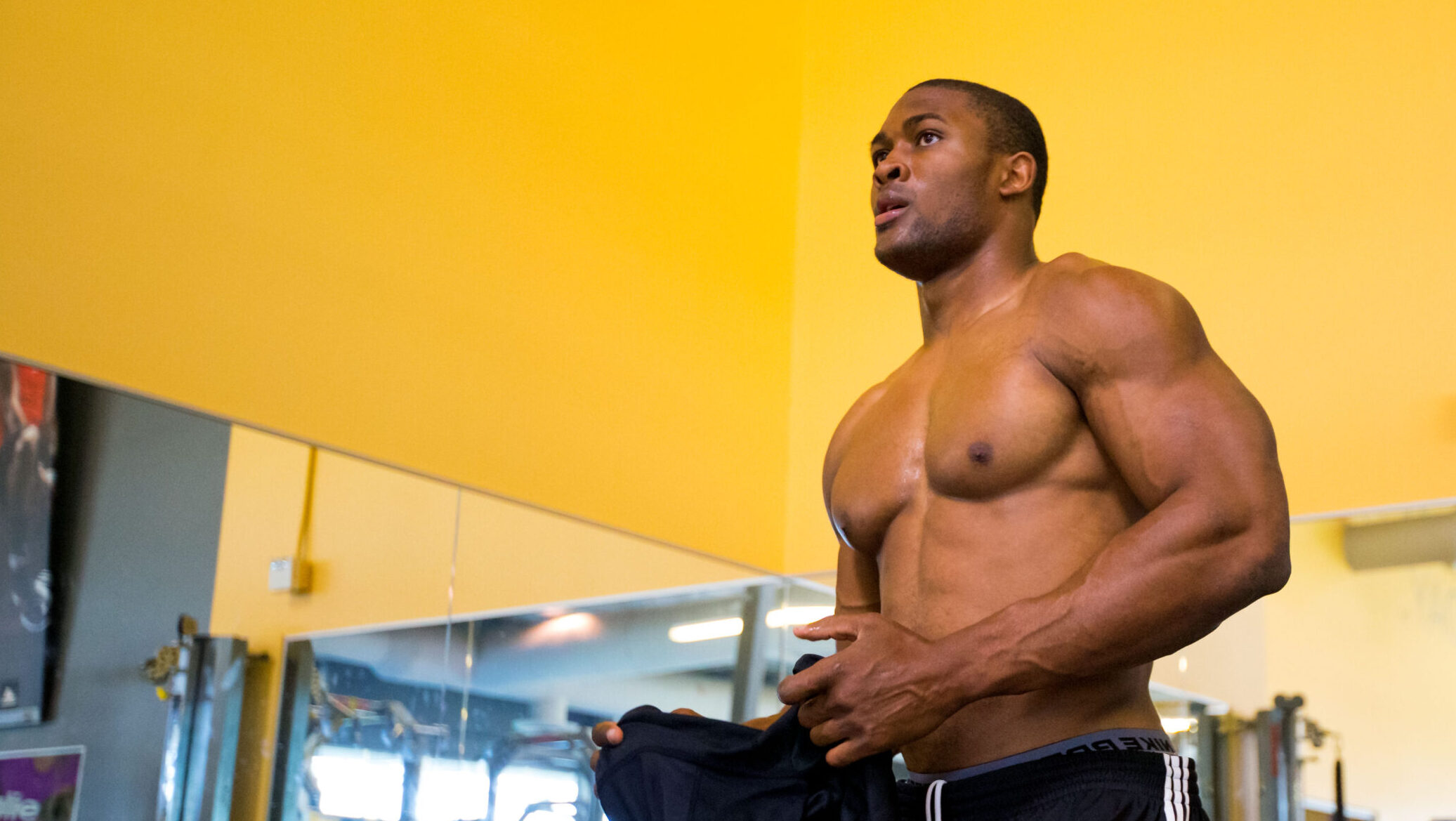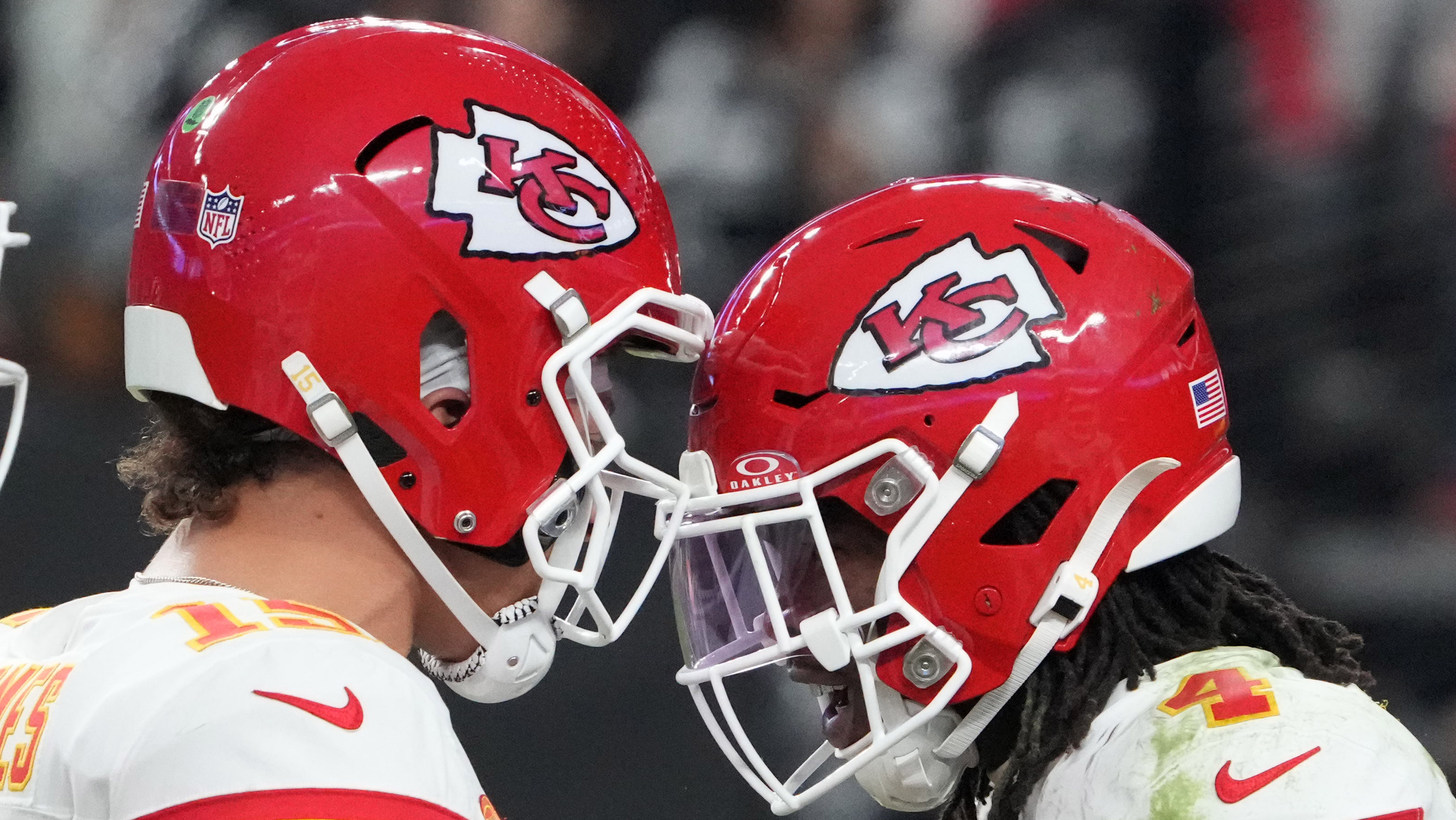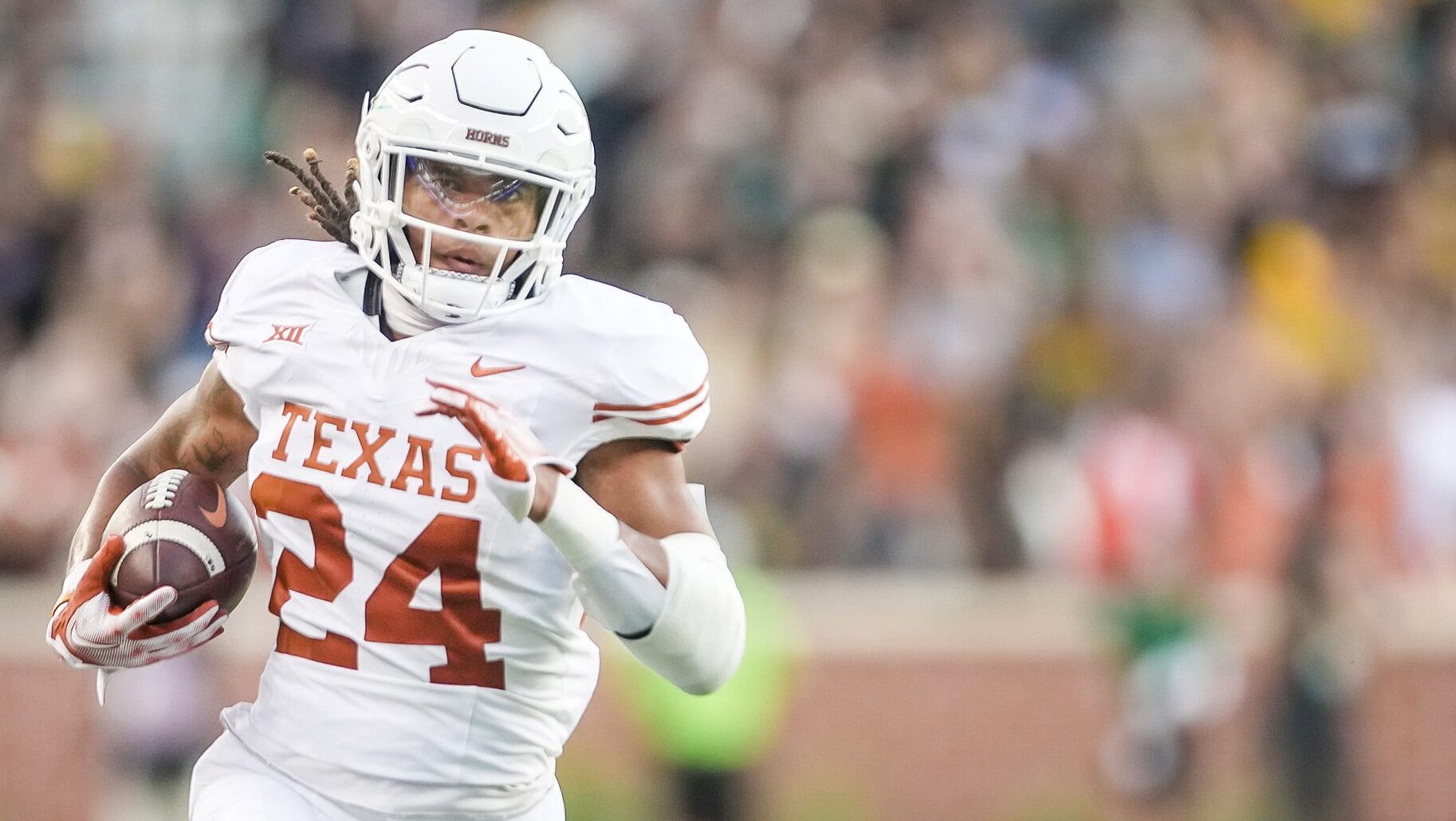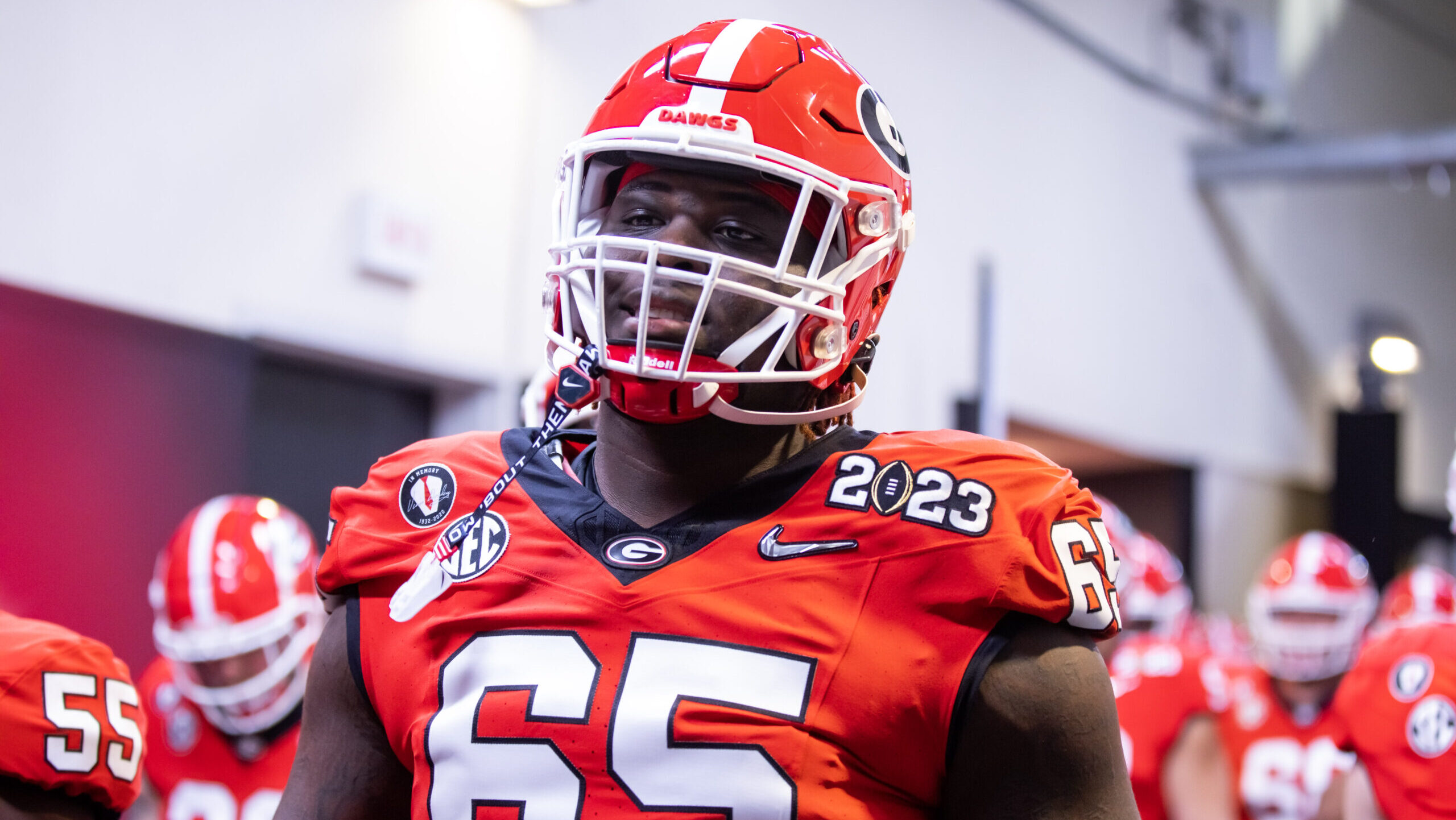Analysis
12/16/22
8 min read
How Rookie QB Desmond Ridder Can Boost Falcons Offense in Playoff Run
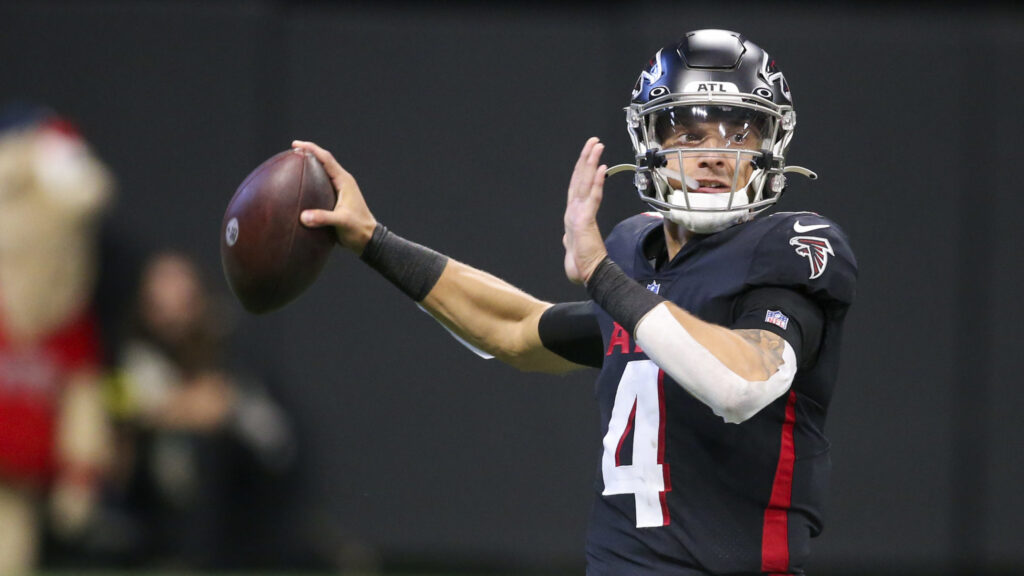
With Week 15 already underway, it is not only the start of the holiday season but in many ways the start of the NFL playoffs. With four weeks remaining in the regular season, nearly every game will have some sort of playoff implication.
The game I am most interested in is Sunday afternoon's Falcons-Saints matchup in the Superdome. Not because the Falcons are one game out of first place in the NFC South behind the 6-7 Buccaneers, but because rookie quarterback Desmond Ridder, a third-round pick out of Cincinnati, will get his first start.
At 5-8 and coming off back-to-back losses, coach Arthur Smith and the Falcons have elected to hand the offensive keys to Ridder after veteran Marcus Mariota was benched earlier this week.
These are moments I look forward to, when a young NFL quarterback's dream of starting culminates a life-long goal for the player, his loved ones, former teammates, and coaches who have helped him along the way. This will be an extremely emotional day for Ridder, whose career has more than sufficiently prepared him for this special moment.
Rebuilding teams occasionally turn to young, unproven quarterbacks such as Ridder late in the season in hopes that they might spark an offense or at the least give the team ample tape to evaluate. However, the Falcons are in a unique position, sitting only a game behind Tampa Bay for the division lead in the NFC South. Atlanta is hoping that the DNA Ridder brings from Cincinnati — where he had a 44-6 record as a four-year starter and elevated the program to national prominence — will translate to winning at the NFL level.
I believe there are three primary reasons that influenced Smith to bench Mariota for Ridder, which he described as performance-driven. Smith's quarterbacks must:
1. Throw From Pocket
Ridder is big, strong and sufficiently athletic. He also has tremendous experience in college throwing from the pocket with arm talent, fundamentals, and football IQ.
The NFL is essentially a 58+2-minute game. So many are one-score games and decided in the closing moments of a two-minute drill, where quarterbacks must make key plays from the pocket.
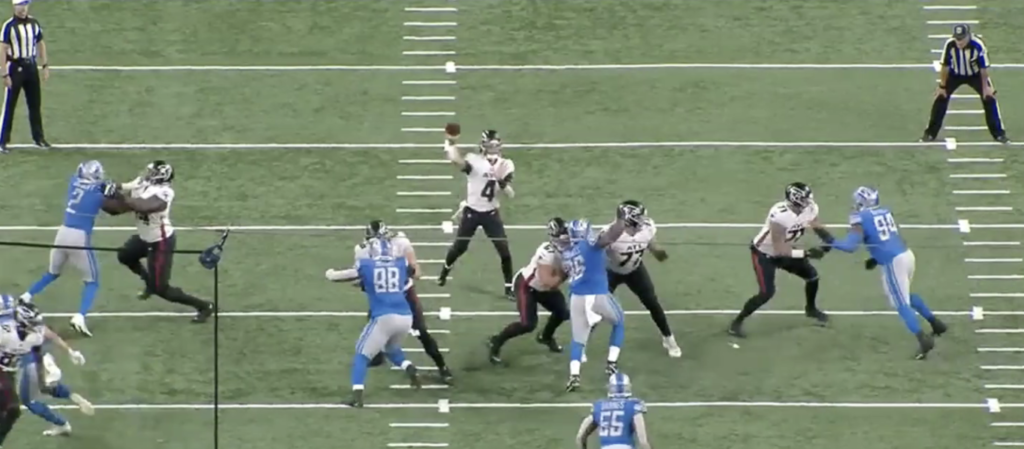
Above from the preseason, Ridder shows a classic over-the-top throwing motion with his right elbow at shoulder level, a short step with his feet and body in line with the target, and proper transfer of weight.
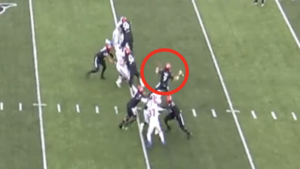
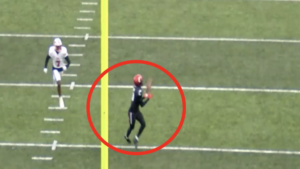
Above, against SMU in 2021, Ridder shows NFL arm talent by launching an accurately thrown 58-yard strike to the near upright, allowing his receiver to run through the ball for a touchdown.
2. Extend Plays In, Out of Pocket
Few signal-callers have the athleticism of Justin Fields, Lamar Jackson or Josh Allen, but Ridder has more than sufficient ability to move in the pocket, make throws on the run accurately to his right or left, and pull the ball down to navigate a first down.
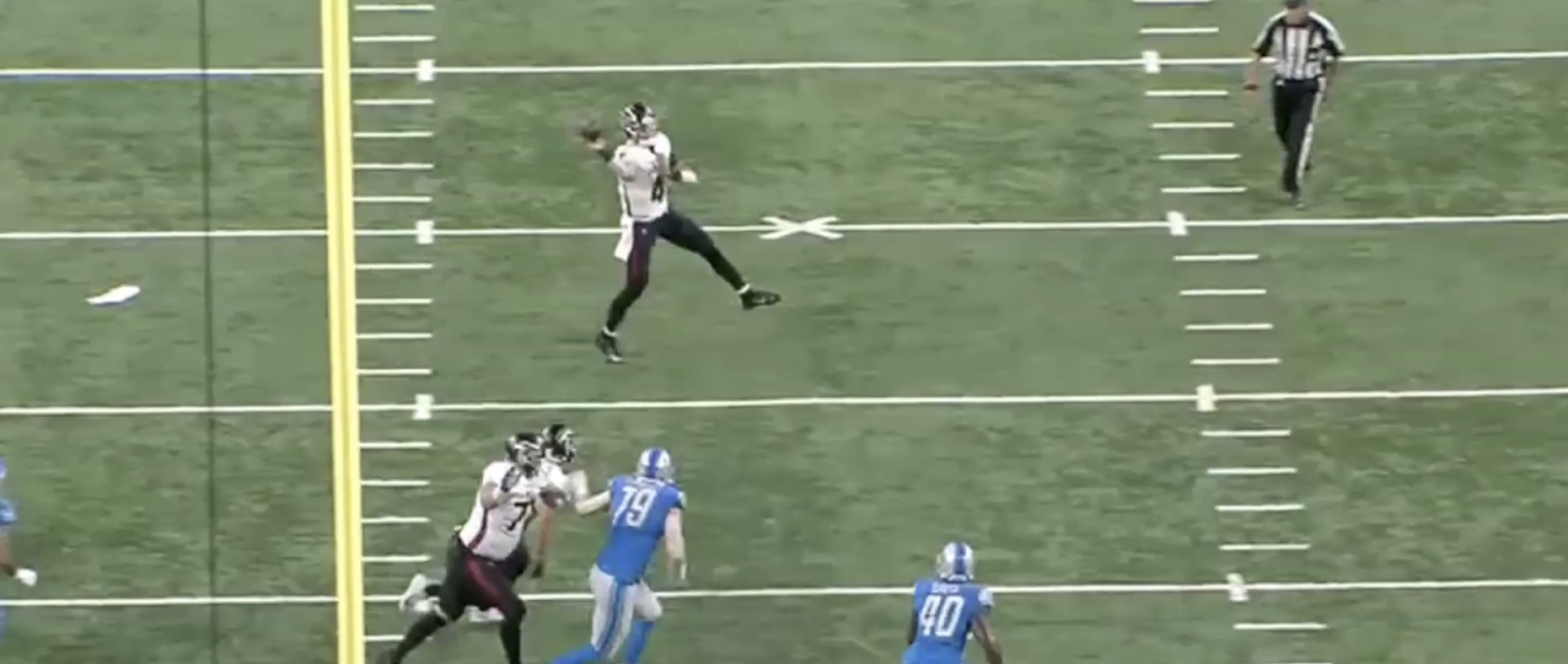
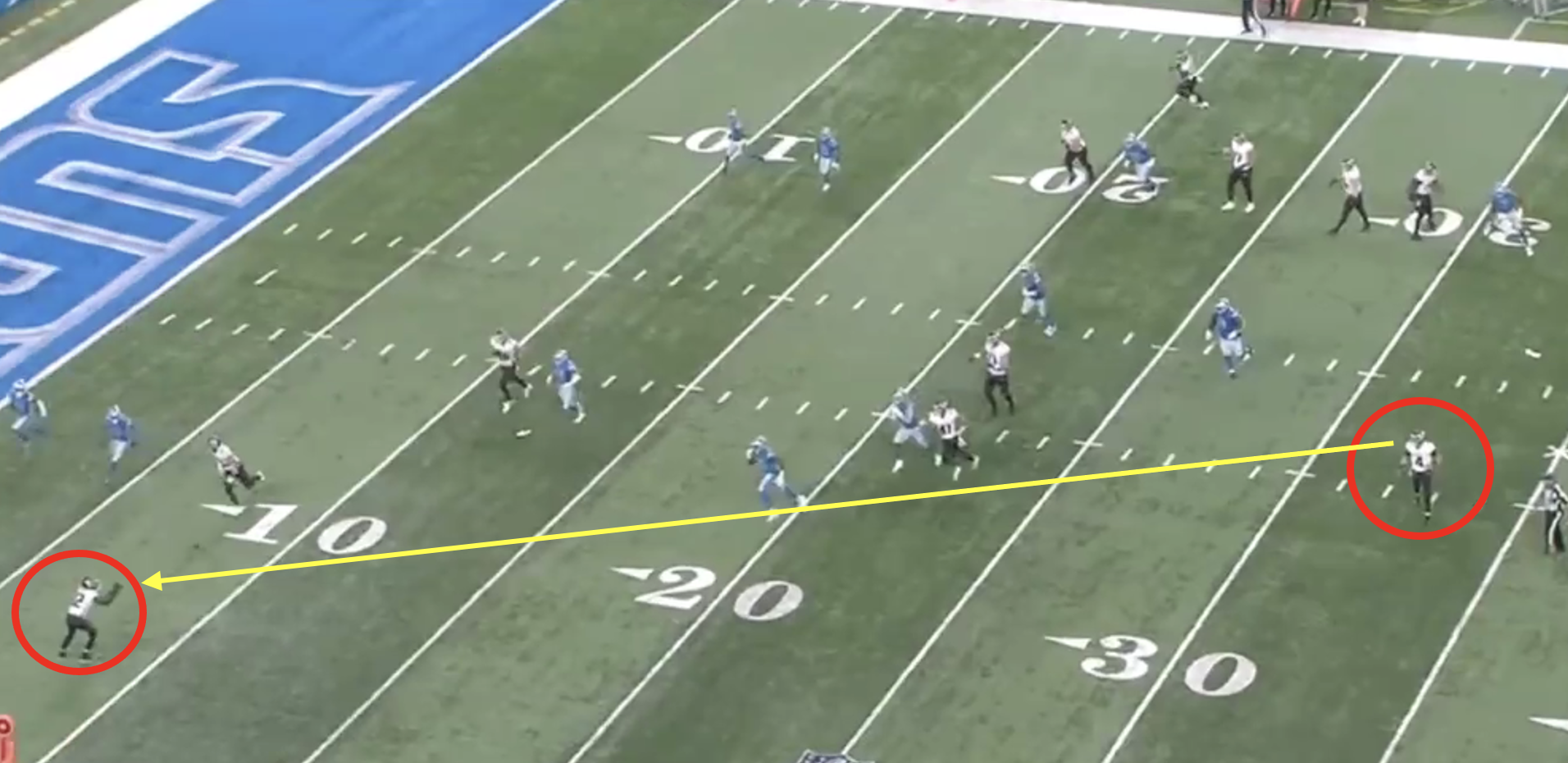
The pictures above shows Ridder's arm talent and athleticism to put himself in a position to awkwardly throw the ball to his left and complete the pass to his receiver.
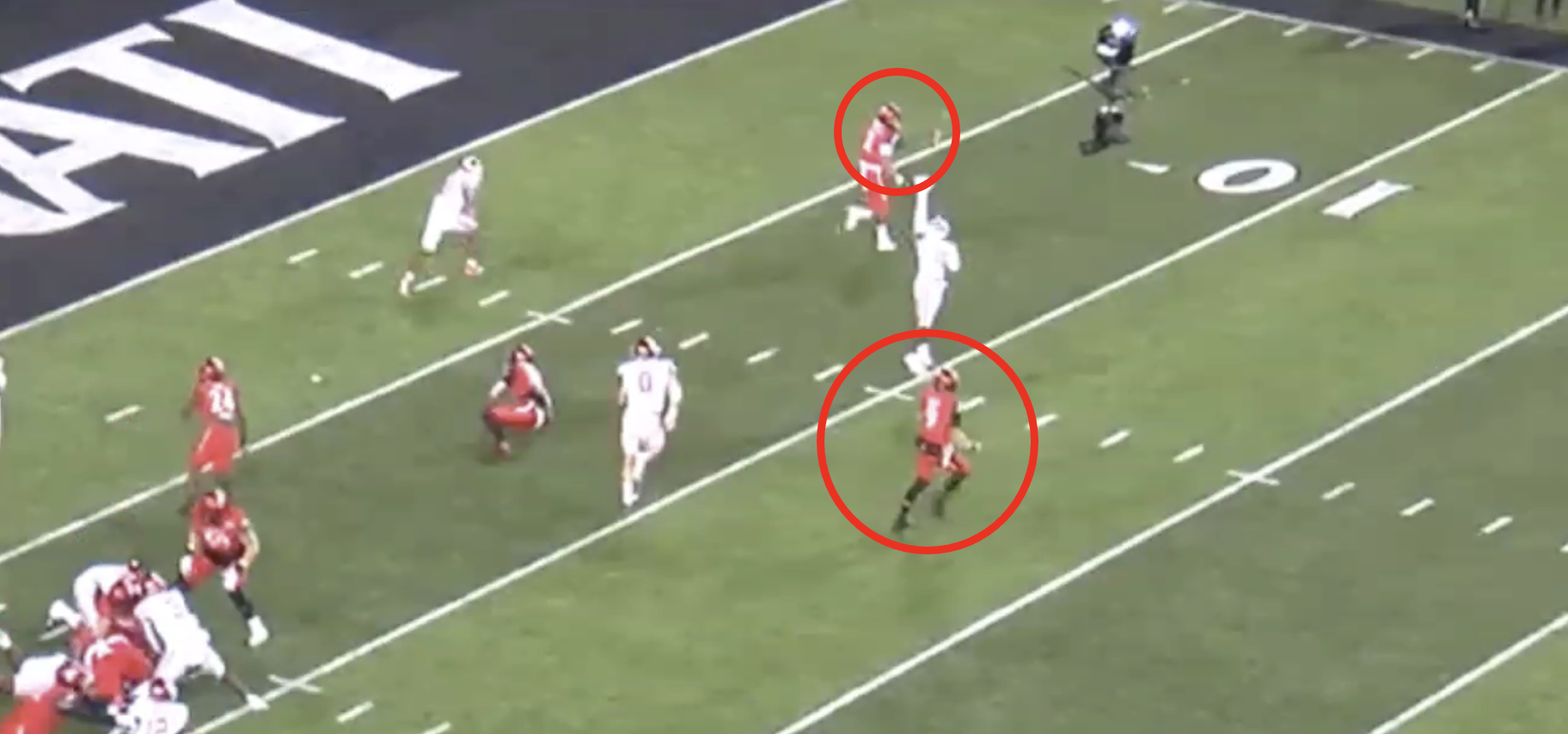
Above, while moving to his right, Ridder shows the ability to get the ball up and over an outstretched defender with touch to accurately deliver the ball for a touchdown.
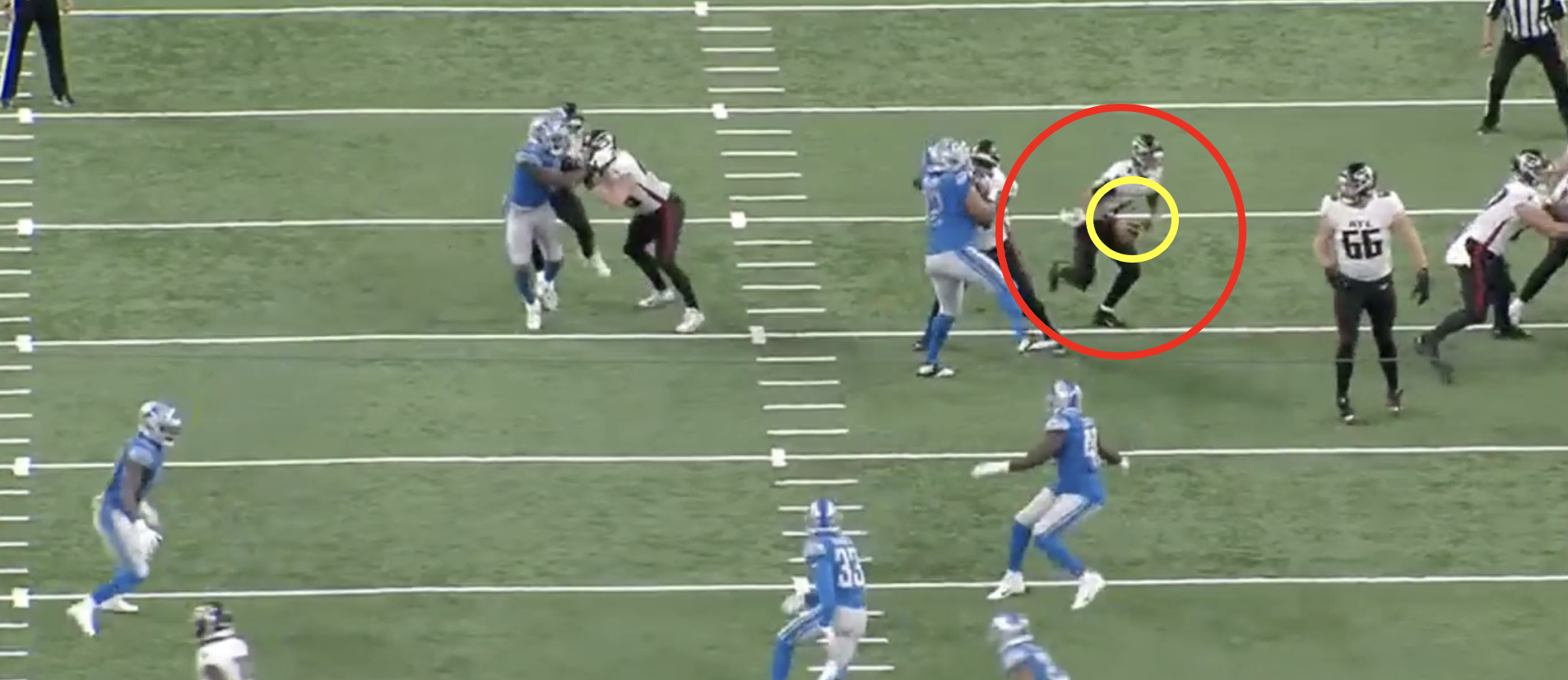
On Sunday against the Saints, fundamentals in the confines of the pocket will be critically important. In the picture above, Ridder is reckless with the football, holding it in one hand with the tip of the ball below the waist. This exposes the ball to the defense and gives them the opportunity to knock it loose.
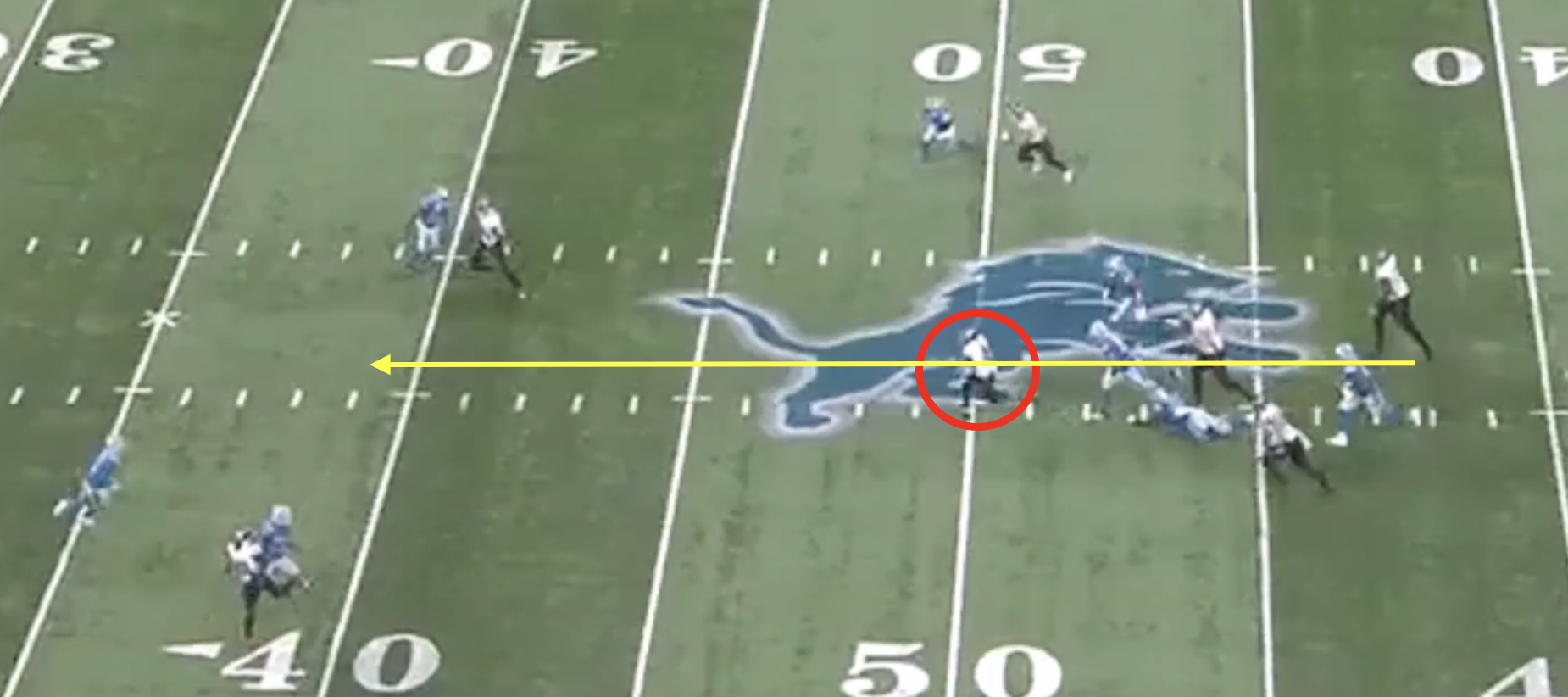
Above, Ridder feels Cover 2 Man, knows the defenders have their backs turned to him, and uses his legs to gain yards for a first down. In Sunday's game, if Ridder can find a way to convert a few third downs on the ground, he can keep the offense on the field, control the clock and create frustration for the Saints' defense.
Although he does an excellent job of climbing into the quiet area of the pocket to throw at times, other times Ridder will drift into the protection, making it more difficult for him to throw through lanes in the protection.
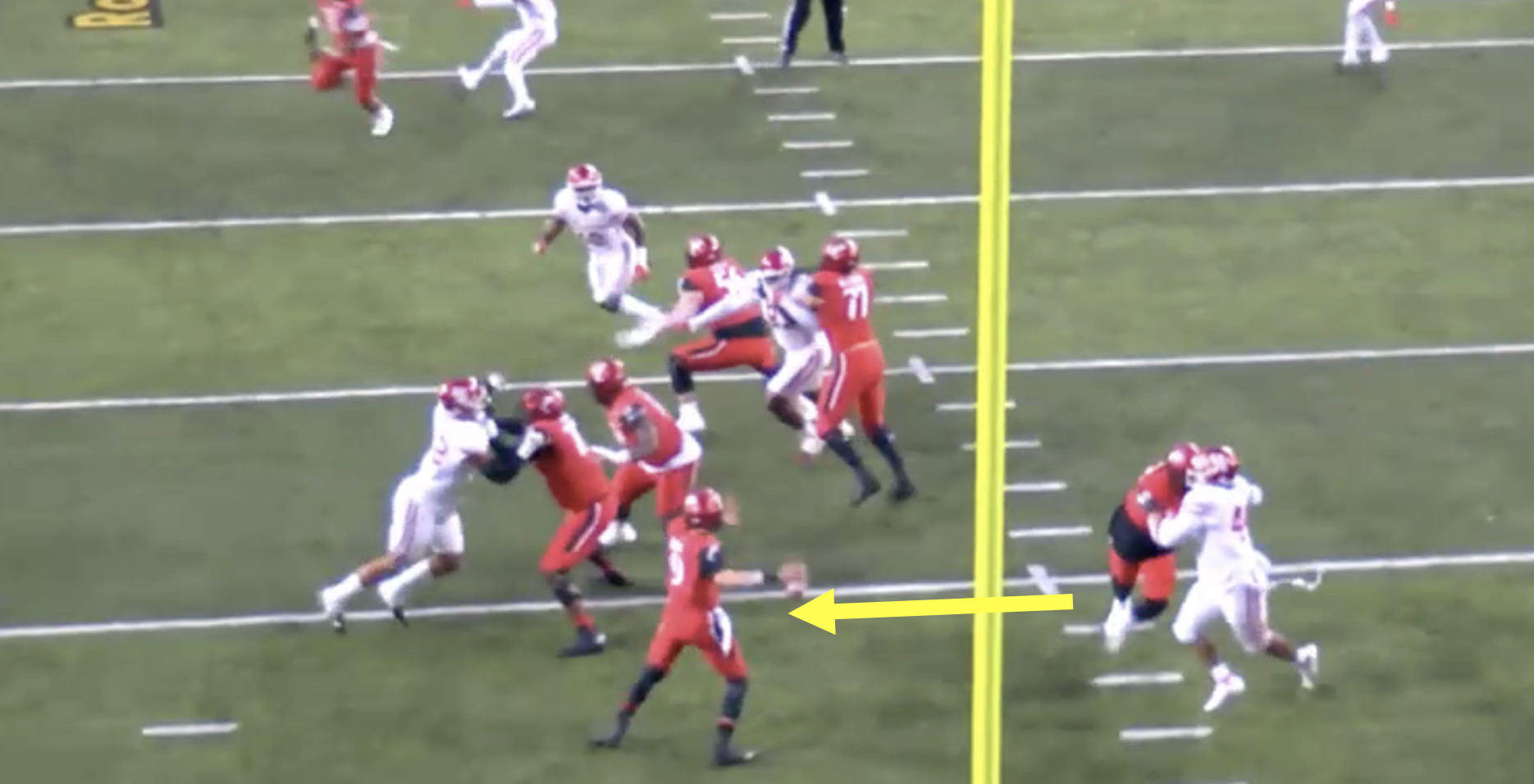
Above, we see Ridder drifting to his left into the protection and away from the quieter area of the pocket, which makes for a more difficult throw.
3. Have 'It' Factor
Is there confirmed evidence that somehow the man under center can provide hope and make the special play when needed?
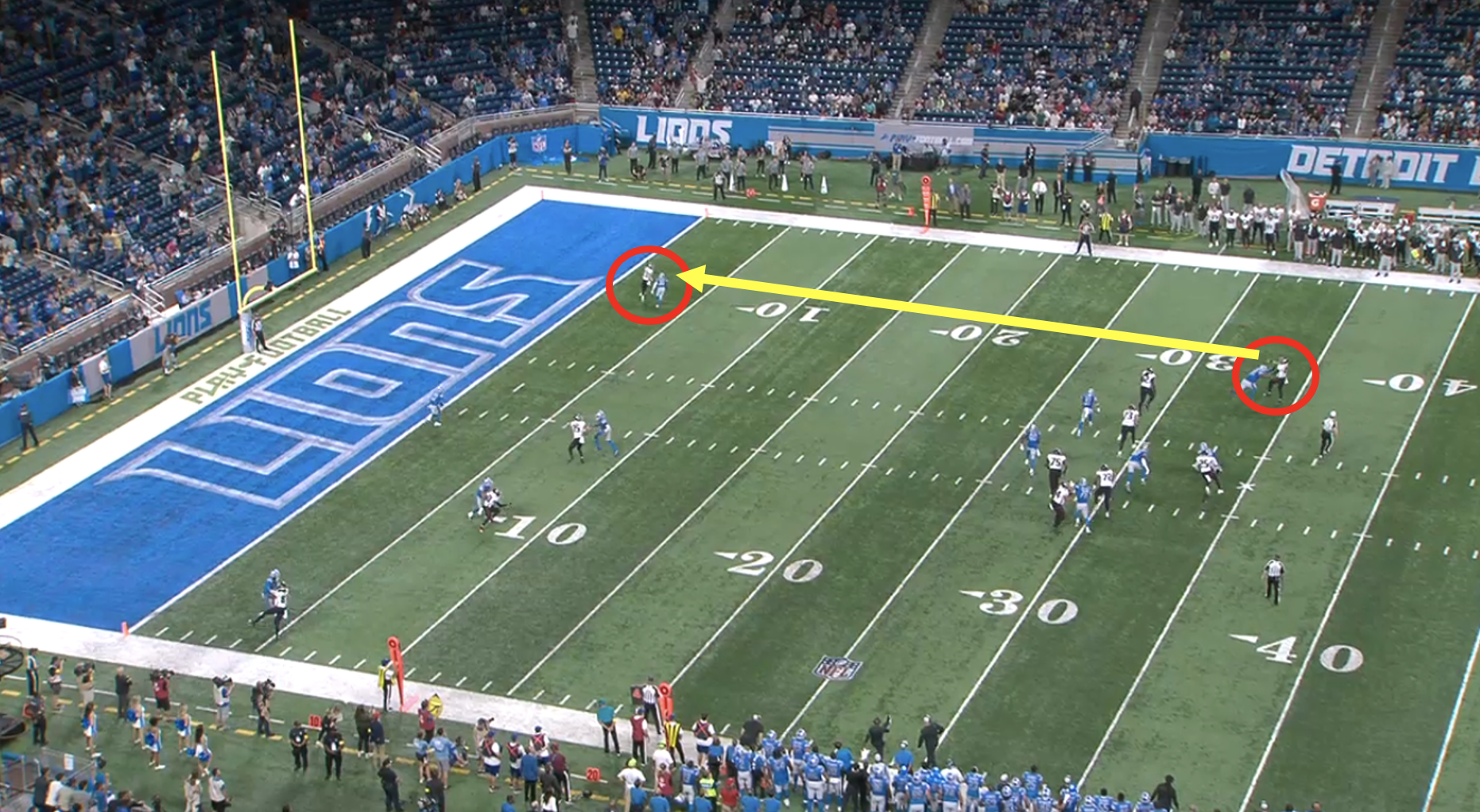
Above, with 1:37 left in the fourth quarter of Atlanta's preseason game with Detroit, the Falcons were down, 23-20, facing a fourth-and-9. Ridder scrambled out of the pocket to his right and under pressure while getting hit, threw the ball up into the end zone, where Jared Bernhardt made the contested catch for a game-winning touchdown.
* * * * *
Evaluating a quarterback for the draft is one of the most time-consuming and demanding responsibilities of a football organization. Background checks, workouts, interviews, tape review of all his games, and more go into draft decisions. Three college games and his pre-season tape with the Falcons is not sufficient enough to adequately evaluate Ridder, but the three criteria above are a starting point as to why Smith has decided to start him.
Here are some observations from Ridder's tape that may manifest themselves on Sunday:
The No. 1 fundamental attribute of a quarterback will always be his ability to accurately throw the football. That doesn't mean just completing it; it means proper placement of the football to maximize the gain. A quarterback must do more than simply get the ball into his receiver's hands; he must also accurately deliver in tight spaces and tight man-to-man coverage. An accurate quarterback can deliver precisely in tight spaces where the defender has to play through the receiver's body to get to the ball and maximize his run after catch.
Based on the tape, this is an area where Ridder has shown some inconsistency.
Yes, Ridder has NFL arm talent, but at times his motion is elongated where the tip of the ball is below the waist. He has a big windup as opposed to getting the ball up and out, and his right elbow is often below his right shoulder. This affects his accuracy. At times the ball is high, while other times it's into the ground.
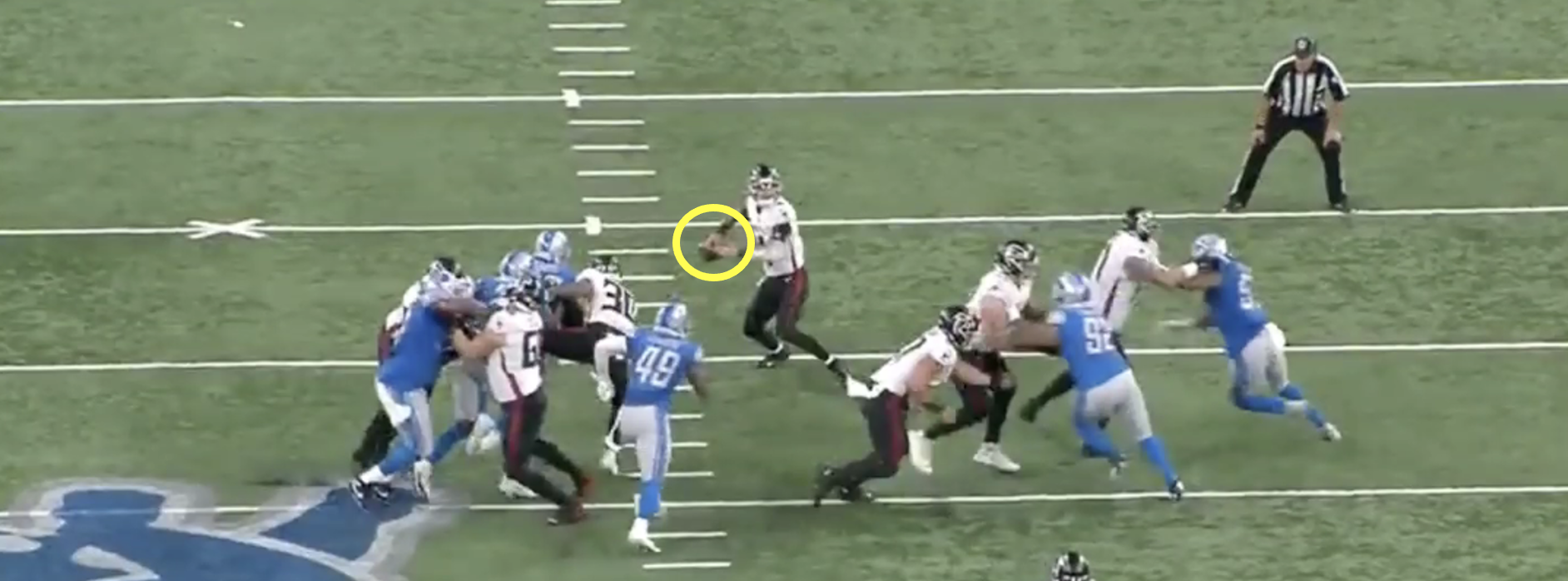
Above, while under pressure, we see Ridder's elongated motion with the tip of the ball below his waist and away from his body. This doesn't mean he can't throw it accurately, but this type of motion can lead to inaccurate throws and turnovers, as shown in the picture below.
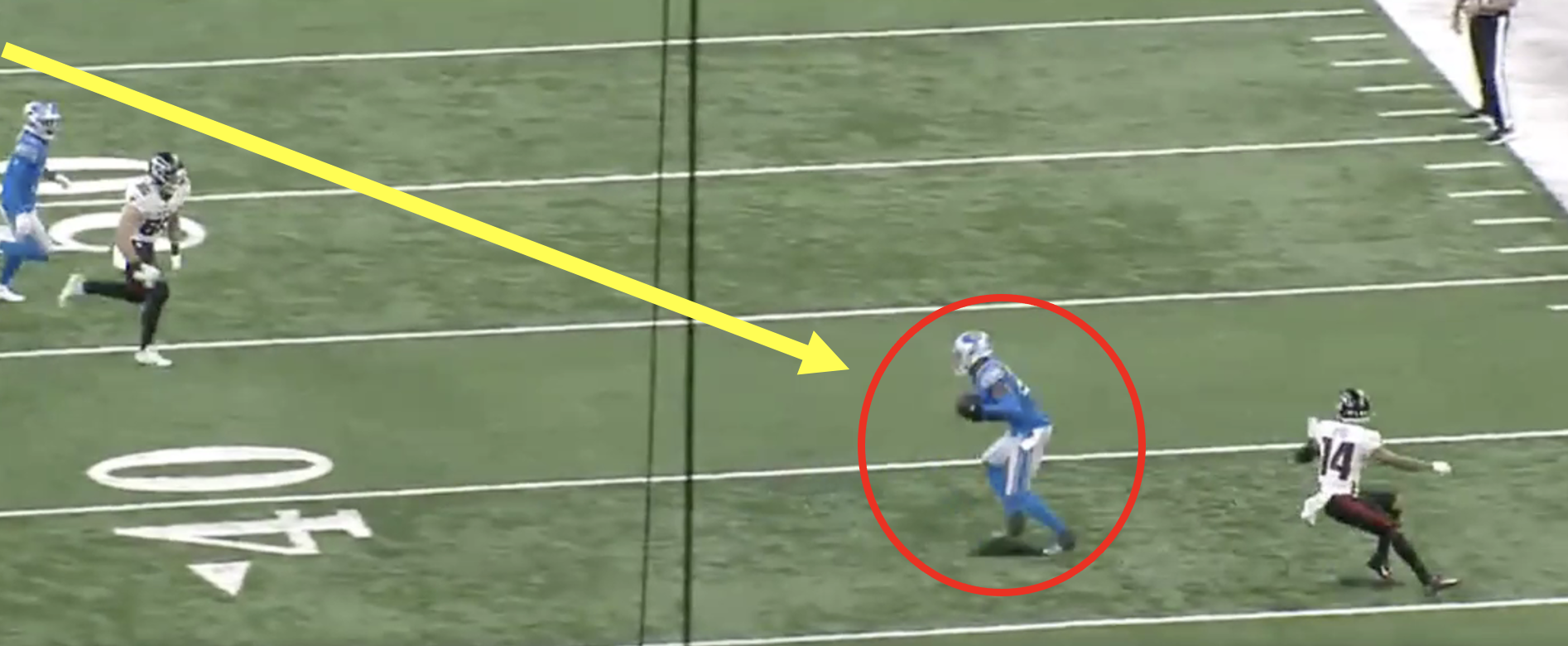
In Sunday's game, Saints coach Dennis Allen will send pressure and Ridder will have to stand tall in the pocket and make throws with defenders collapsing around him.
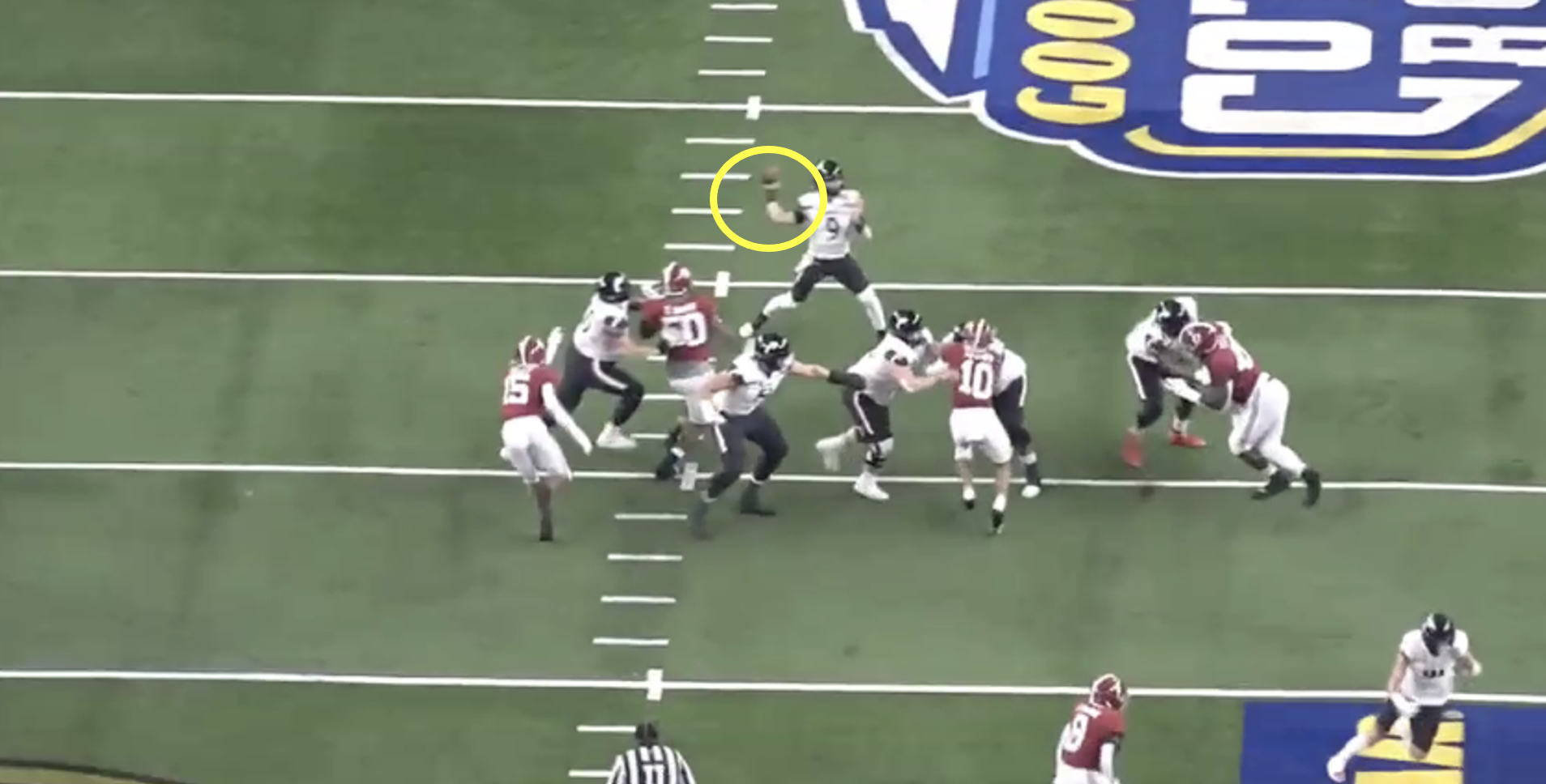
Above, against Alabama in the College Football Playoff, we see Ridder's right elbow below his right shoulder on his delivery, which led to another inaccurate throw.
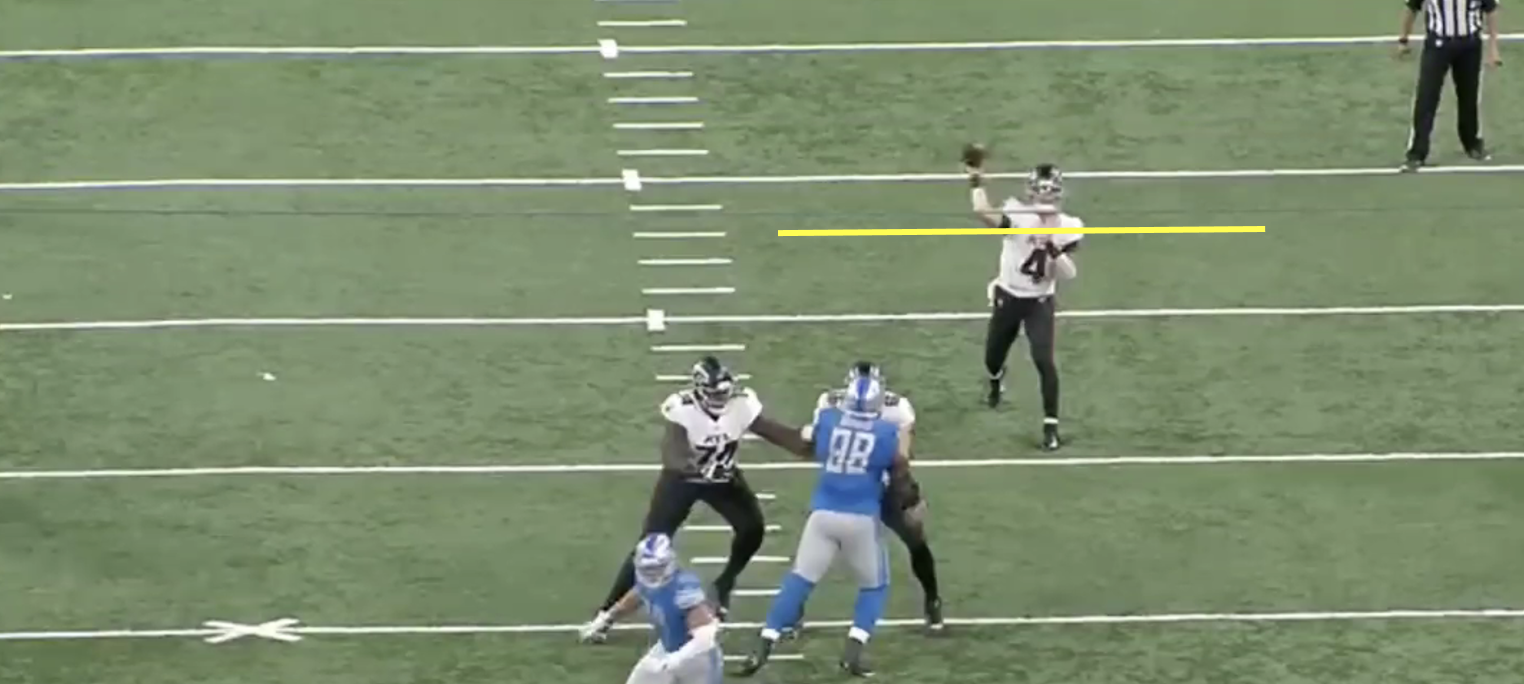
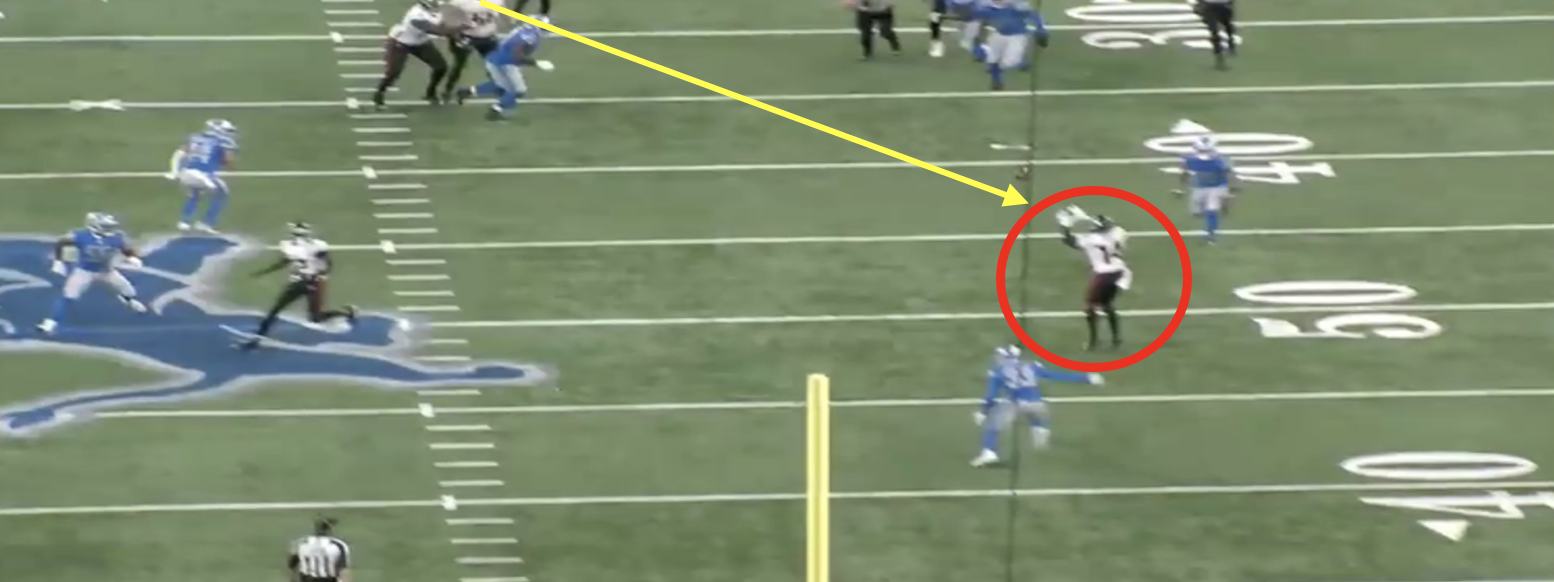
Now, in the pictures above, we not only see Ridder's left foot, knee and hips open to the target, but his elbow directly in line with his right shoulder. The result is a perfectly located pass.
I am hopeful Ridder has had a great week of practice leading up to his first start. Whether a young quarterback gets one rep in practice or 30, they must leave the practice field asking themselves one question, "Do my coaches and teammates trust me?"
Here are three things that stand out in a practice to show a starting rookie quarterback is trustworthy:
>> He handles calling plays effortlessly and confidently.
>> The ball is off the ground and there is mindful decision-making.
>> Turnovers are eliminated. No week is perfect, but multiple interceptions and incompletions in practice will have coaches and teammates on alert. Let's make one thing very clear: There is no such thing as a player — or more importantly a quarterback — who is a gamer (i.e., he plays great in games but practices poorly). Practice performance by the quarterback matters. Everybody is watching. Hope for the team on Sunday is on display on the practice field, in meetings and in the locker room.
Ridder must buy in to his head coach and understand how the Falcons will win the game. Offensively, Smith will want to run the football and use play-action and movement to help his young QB utilize his ability to play in and out of the pocket.
Smith will have Ridder playing Sunday, not just to participate in the game and avoid mistakes, but to get his team to the fourth quarter with an opportunity to win.
If Ridder can minimize mistakes and take care of the ball, he and his team have an opportunity to bounce back from two tough losses to keep themselves alive for an NFC playoff berth. He has the physical skillset to inject hope into the Falcons' fanbase, but his ability to win a 58+2 NFL game will come down to his command of the subtleties and nuances of quarterback play.
I'm excited to see what Ridder and Smith have in store on Sunday.


